VANUA LEVU, Fiji — 88 pounds of kava hit the rainforest floor with a thud. The mesh sack brimming with green roots landed on top of another, and then another. With a smile, the man on the horse plodded back up the muddy hill. “Balu, balu!,” he exclaimed before urging his dutiful, wirey, stead on for another load.
We’d left the resort.

On an unnamed mountain in an unnamed rainforest, Leni and I found ourselves trudging along a sodden trail across a river with a name I cannot pronounce. This was no tourist hike; this was a sweaty slog to one of the hearts of Fiji’s economy: the kava farms. This particular farm is operated by a gentleman we’d met at the hotel bar. In a gesture of great hospitality, he’d invited us outside of the resort into the valleys beyond its coast. “Bring shoes you don’t mind getting wet,” he’d added.
To get to the island’s heart, we’d have to get dirty.

What is kava? The drink known as yaqona to exotic health bars in New York and L.A., kava, is Fiji’s signature drink. It’s a muddy, bitter beverage that’s an acquired taste. Lacking alcohol, our farm guide says the draw of kava lies in its medicinal properties — it’s a cure for anxiety and a remedy for alcohol and drug addictions. In his believe, kava is an organic miracle drug; one that’s being held down by big pharmaceutical companies in developed countries.
100 kava serving bars in the U.S. sounds like a lot to him, though he’s never seen the number of Waffle Houses in West Memphis.
The farmer, the man, and the horse are all sweating it out for kava. It’s now one of the fastest selling drinks on the planet, and the farm is valued in the millions of U.S dollars.
As for the root? The locals have been drinking it for 3,000 years, and they just call it grog.

Kava plants are ready to harvest in three or four years. Theft can be a common problem on farms.
A few kilometers into the forest, our band of three comes across more workers from the local village in the valley below. Perched atop an overgrown berm in the midst of one of Fiji’s great valleys, we can only see a blanket of green below. For the untrained eye, this forest looks like a plot of weeds. But for those in the know, it’s a haven of medicines.
“This tree can cure cancer,” our guide says. “This bush, it’s great for upset stomachs.” Up slope after slope, the conversation goes on. We pass another man on horseback, and the same group of workers time after time. (They have a way of teleporting around our trail, probably using Fijian magic.) By the time we arrive at the ramshackle, corrugated metal home plopped squarely in the heart of the farm, our guide’s message is clear: western medicine has its uses, but it’s driven entirely by money.

Kava is often harvested by hand. Horses help, but much of the work is still done by individuals hauling and harvesting on their own.
It’s a sentiment that many Fijians seem to agree with. Nearly every local we spoke to at the farm, at the resort, and en route had an unflappable faith in traditional medicine. Our guide says that can be a detriment, and a blessing. Most Fijians know which plants to grab from the forest when they get sick. It’s free healing that they’re certain works. But, there’s another side to the story.
“Sometimes when people break a bone, they believe a village bone doctor can heal it with a massage,” claims our guide. “When a few days, when the swelling goes down, they think it’s healed.”
But kava, he says, does work.
Whether the drink he employs an entire village cultivating is medicinal or not remains to be seen. However, the trek got me thinking, “Why not give natural medicines a try?”
The next day, back at the resort, I grabbed a few bottles of liquid plant matter from the breakfast bar. “Don’t smell it,” blurted our waiter. “Then it’s no good.”
To kava, to rainforests, to natural medicine, bottoms up.











